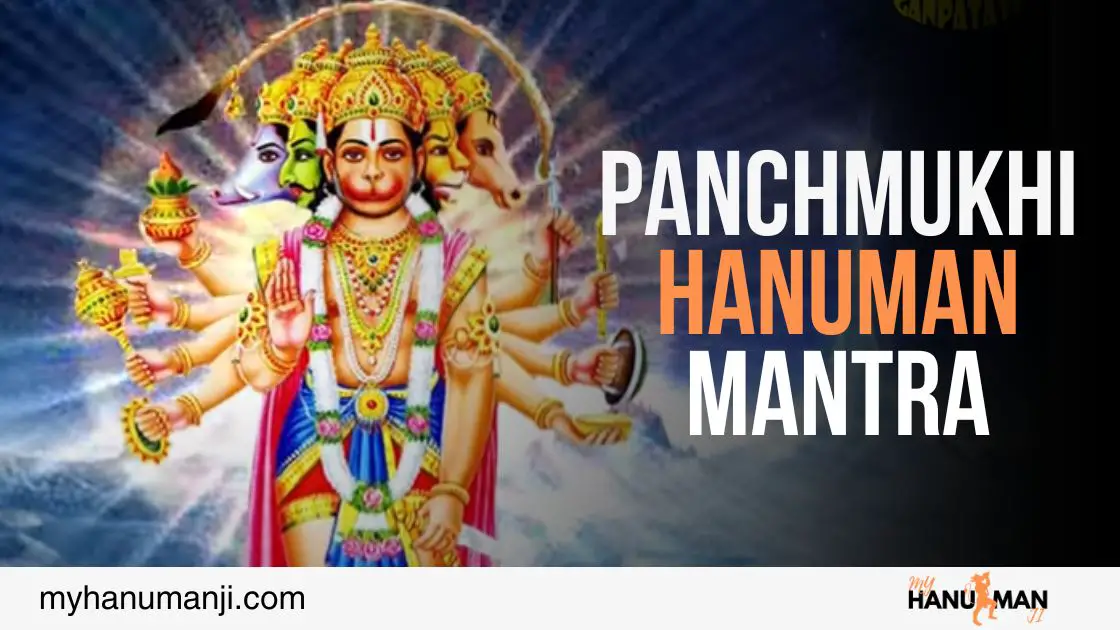In this comprehensive blog, we will delve into the question In which month was Hanuman born? And uncovering the significance, legends, and celebrations associated with this auspicious occasion. Join me as we embark on a spiritual journey through the captivating world of Hanuman.
The Birth Month of Hanuman
Hanuman, also known as the Monkey God, was born in the month of Chaitra. Chaitra is the first month of the Hindu lunar calendar, which typically falls between the months of March and April in the Gregorian calendar. The exact date of Hanuman’s birth is celebrated on Hanuman Jayanti, which is observed on the full moon day (Purnima) of the Chaitra month.
Legends Surrounding Hanuman’s Birth
According to Hindu mythology, Hanuman was born to Anjana and Kesari, who were both devout followers of Lord Shiva. It is believed that Anjana performed intense prayers and penance to seek the blessings of Lord Shiva for a divine child. Pleased with her devotion, Lord Shiva granted her the boon of giving birth to a son who would possess immense strength, wisdom, and devotion.
Hanuman’s birth was not an ordinary event. It is said that the wind god, Vayu, played a significant role in his birth. Vayu carried a drop of divine nectar (amrita) from the celestial realms and placed it in Anjana’s womb, thus ensuring the birth of a divine and extraordinary being.
Significance of Hanuman Jayanti
Hanuman Jayanti, the celebration of Hanuman’s birth, holds immense significance for devotees of Lord Hanuman. It is a day filled with devotion, prayers, and festivities. Devotees gather in temples dedicated to Hanuman, recite hymns, chant mantras, and offer special prayers to seek his blessings.
Hanuman Jayanti is not just a celebration of Hanuman’s birth, but also an opportunity to reflect on his divine qualities and teachings. By asking In which month was Hanuman born. A person is proven for his faith to hanuman, who is revered for his unwavering devotion to Lord Rama, his strength, courage, and selflessness. His life serves as an inspiration for devotees to cultivate these virtues in their own lives.
Celebrations and Rituals on Hanuman Jayanti
Hanuman Jayanti is celebrated with great enthusiasm and fervor in various parts of India and among Hindu communities worldwide. Here are some common rituals and practices observed on this auspicious day:
- Temple Visits: Devotees visit Hanuman temples to offer prayers and seek blessings. The temples are adorned with flowers, garlands, and incense, creating a vibrant and sacred atmosphere.
- Fasting: Many devotees observe a fast on Hanuman Jayanti as a mark of devotion. They abstain from consuming food until the evening, when the birth celebrations commence.
- Recitation of Hanuman Chalisa: The Hanuman Chalisa, a devotional hymn dedicated to Hanuman, is recited with utmost devotion. It is believed to invoke Hanuman’s presence and blessings.
- Satsangs and Bhajans: Satsangs (spiritual gatherings) and bhajan sessions are organized, where devotees come together to sing devotional songs and share stories of Hanuman’s valor and devotion.
- Charitable Acts: Hanuman Jayanti is also a time for acts of charity and service. Devotees engage in philanthropic activities, such as distributing food, clothes, and other essentials to the needy, as a way of expressing their gratitude and compassion.
Lessons from Hanuman’s Birth
The birth of Hanuman carries profound lessons and teachings for devotees. Here are some key takeaways:
- Devotion and Faith: Hanuman’s birth highlights the power of unwavering devotion and faith in the divine. Anjana’s unwavering dedication to Lord Shiva and her sincere prayers were rewarded with the birth of a divine child.
- Strength and Courage: Hanuman’s birth signifies the embodiment of strength and courage. His extraordinary abilities and fearlessness inspire devotees to face challenges with determination and resilience.
- Selflessness and Service: Hanuman’s birth reminds us of the importance of selflessness and service to others. Hanuman dedicated his life to serving Lord Rama and played a pivotal role in the epic Ramayana, showcasing the significance of selfless acts for the greater good.
- Divine Blessings: Hanuman’s birth is a reminder of the divine grace and blessings that are bestowed upon devotees. It encourages individuals to seek the divine presence in their lives and experience the transformative power of divine intervention.
Conclusion
The birth month of Hanuman, Chaitra, holds immense significance for devotees around the world. Hanuman Jayanti is a time of celebration, devotion, and reflection on the divine qualities of Hanuman. Through his birth, Hanuman teaches us valuable lessons of devotion, strength, selflessness, and divine blessings. May the spirit of Hanuman inspire us all to lead lives filled with devotion, courage, and compassion.




